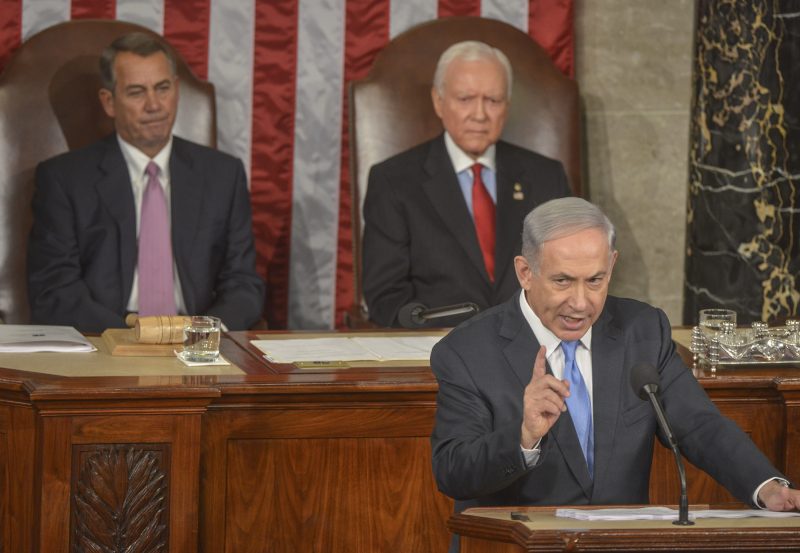In recent years, the political landscape in Israel has witnessed a growing divide between former Prime Minister Benjamin Netanyahu and the Democratic Party in the United States. This split, which has been years in the making, is reflective of the complex interplay of personal and geopolitical factors that have shaped the relationship between the two sides.
At the heart of the rift between Netanyahu and the Democrats is a fundamental difference in approach to key issues, particularly regarding the Israeli-Palestinian conflict. Netanyahu, known for his hawkish stance on security and his unwavering support for Israeli settlements in the West Bank, found himself increasingly at odds with the more progressive wing of the Democratic Party, which has called for a more balanced approach to the conflict and criticized Israeli policies in the occupied territories.
The strained relationship between Netanyahu and the Democrats reached a tipping point during the Obama administration, as then-President Barack Obama and Netanyahu clashed over the Iran nuclear deal. Netanyahu’s controversial address to the U.S. Congress in 2015, in which he vehemently opposed the agreement, further alienated him from Democratic lawmakers who viewed his actions as a breach of protocol and an attempt to undermine the sitting president.
Moreover, Netanyahu’s close alignment with former President Donald Trump exacerbated tensions with the Democrats, as his warm relationship with Trump stood in stark contrast to the party’s overwhelmingly negative view of the former president. Netanyahu’s decision to embrace Trump’s policies, such as moving the U.S. embassy to Jerusalem and recognizing Israeli sovereignty over the Golan Heights, further widened the gulf between him and Democratic leaders.
The personal dynamics between Netanyahu and key figures within the Democratic Party also played a significant role in the deterioration of their relationship. Netanyahu’s strained interactions with Obama and his perceived support for Trump created animosity among Democratic leaders, who viewed him as a divisive figure and a hindrance to U.S.-Israeli relations.
As Netanyahu’s tenure as prime minister came to an end and a new government led by Naftali Bennett and Yair Lapid took office, hopes for a potential reset in U.S.-Israeli relations emerged. The new Israeli government, which includes a diverse coalition of parties spanning the political spectrum, signaled a shift away from Netanyahu’s polarizing approach and a willingness to engage constructively with the Biden administration.
While the rift between Netanyahu and the Democrats may have been years in the making, the changing political landscape in both Israel and the United States offers an opportunity for a fresh start. As new leaders step into the spotlight and seek to navigate the complex challenges facing the region, the possibility of a more cooperative and productive relationship between Israel and the Democrats remains within reach.



























